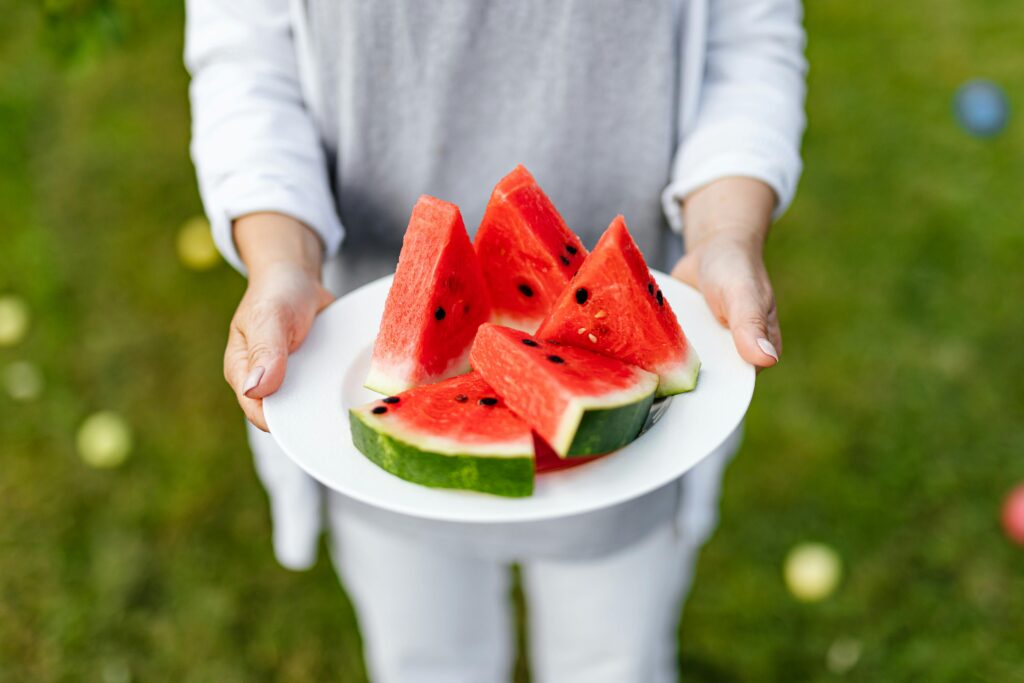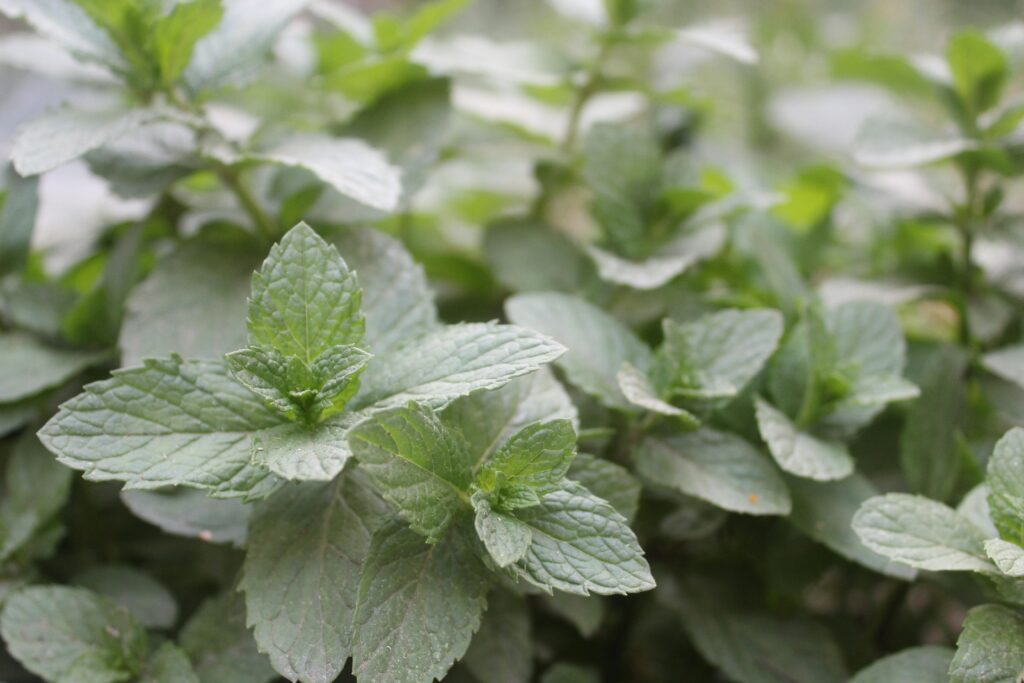Unlocking the Medicinal Benefits of Yogurt: A Probiotic Powerhouse
Yogurt, a creamy and versatile dairy product, has been enjoyed for centuries for its delicious taste and numerous health benefits. Beyond its culinary appeal, yogurt boasts an array of medicinal properties, particularly due to its rich content of probiotics—beneficial bacteria that support gut health and overall well-being. In this blog post, we’ll delve into the medicinal benefits of yogurt and explore why it’s considered a probiotic powerhouse. Benefits of Yogurt 1. Gut Health Support: Yogurt is perhaps best known for its role in promoting gut health. It contains live cultures of probiotic bacteria, such as Lactobacillus bulgaricus and Streptococcus thermophilus, as well as additional strains like Lactobacillus acidophilus and Bifidobacterium bifidum, depending on the brand and type of yogurt. These probiotics help maintain a healthy balance of gut bacteria, which is crucial for proper digestion, nutrient absorption, and immune function. 2. Improved Digestion: The probiotics in yogurt can aid digestion by breaking down food, fermenting fibre, and producing short-chain fatty acids that nourish the cells lining the colon. This fermentation process helps regulate bowel movements, alleviate constipation, and reduce symptoms of digestive disorders like irritable bowel syndrome (IBS), inflammatory bowel disease (IBD), and lactose intolerance. 3. Boosted Immunity: A significant portion of the body’s immune system resides in the gut, making gut health essential for overall immune function. Probiotics in yogurt help strengthen the gut barrier, prevent harmful bacteria from colonizing the intestines, and stimulate the production of antibodies and immune cells. Regular consumption of yogurt can enhance immune response, reduce the risk of infections, and promote resilience to illness. 4. Reduced Inflammation: Chronic inflammation is linked to various health conditions, including autoimmune diseases, cardiovascular disease, and metabolic syndrome. The probiotics and bioactive compounds in yogurt have anti-inflammatory properties that help modulate the immune response, reduce inflammation in the gut and other tissues, and alleviate symptoms of inflammatory conditions like arthritis and allergies. 5. Improved Heart Health: Yogurt is associated with several heart-healthy benefits, thanks to its nutrient profile and probiotic content. Studies suggest that regular yogurt consumption may help lower blood pressure, reduce LDL (“bad”) cholesterol levels, increase HDL (“good”) cholesterol levels, and improve other markers of cardiovascular health. These effects contribute to a reduced risk of heart disease and stroke. 6. Bone Health Maintenance: Yogurt is a rich source of calcium, a mineral essential for bone health and strength. Consuming yogurt regularly can help meet your daily calcium needs and support bone development, maintenance, and density. Additionally, yogurt contains other bone-building nutrients like phosphorus, magnesium, and vitamin D, which further contribute to skeletal health. 7. Weight Management Aid: Including yogurt in your diet can aid weight management and promote satiety due to its high protein content. Protein helps increase feelings of fullness, regulate appetite, and support muscle growth and repair. Choosing low-fat or Greek yogurt varieties can provide the benefits of protein without excess calories or saturated fat, making yogurt a satisfying and nutritious snack or meal component. Here are some tips to make yogurt yummy by incorporating flavourful and nutritious ingredients into your routine: Tips to Make Yogurt 1. Fresh Fruit: Add fresh fruits like berries, sliced bananas, diced mangoes, or chunks of pineapple to your yogurt for a burst of natural sweetness, vibrant colours, and juicy texture. Berries are particularly rich in antioxidants and vitamins, while tropical fruits add a tropical flair to your yogurt. 2. Dried Fruit: Mix in dried fruits such as raisins, cranberries, apricots, or chopped dates for added sweetness, chewiness, and a hint of natural flavor. Dried fruits are a convenient option for adding sweetness and texture to yogurt without added sugars. 3. Nuts and Seeds: Sprinkle nuts and seeds like almonds, walnuts, pecans, pistachios, chia seeds, flaxseeds, or pumpkin seeds onto your yogurt for crunch, texture, and a boost of protein, healthy fats, and essential nutrients. Toasted nuts add extra flavor and aroma to your yogurt. 4. Granola or Muesli: Mix in granola or muesli for a hearty and satisfying crunch, along with whole grains, nuts, seeds, and dried fruits. Choose varieties with minimal added sugars and whole food ingredients for a nutritious and delicious topping. 5. Honey or Maple Syrup: Drizzle honey, maple syrup, or agave nectar over your yogurt for natural sweetness and a touch of indulgence. These natural sweeteners add depth of flavor and enhance the taste of yogurt without overwhelming it. 6. Spices: Sprinkle spices like cinnamon, nutmeg, cardamom, or ginger onto your yogurt for warmth, aroma, and a hint of exotic flavor. Spices complement the natural sweetness of yogurt and enhance its overall taste experience. 7. Vanilla Extract or Almond Extract: Add a splash of vanilla extract or almond extract to your yogurt for a subtle yet delicious flavor boost. These extracts add depth and complexity to the taste of yogurt without adding extra calories or sugars. 8. Coconut Flakes or Shredded Coconut: Sprinkle coconut flakes or shredded coconut over your yogurt for tropical flavor, texture, and a hint of sweetness. Toasted coconut adds a nutty aroma and enhances the overall taste of yogurt. Experiment with different combinations of ingredients to create your own custom yogurt creations and enjoy a delicious and nutritious snack or breakfast option that satisfies your taste buds and nourishes your body. Conclusion: Incorporating yogurt into your daily diet can offer a wide range of medicinal benefits, from supporting gut health and immunity to reducing inflammation and promoting heart and bone health. Whether enjoyed plain, flavoured, or mixed with fruits, nuts, and seeds, yogurt is a delicious and convenient way to nourish your body and enhance your overall well-being. As with any food, opt for varieties with minimal added sugars and artificial ingredients, and choose organic or grass-fed options when possible to maximize the health benefits of yogurt. Embrace yogurt as a probiotic powerhouse and savour its medicinal properties as part of a balanced and wholesome diet.
Unlocking the Medicinal Benefits of Yogurt: A Probiotic Powerhouse Read More »






